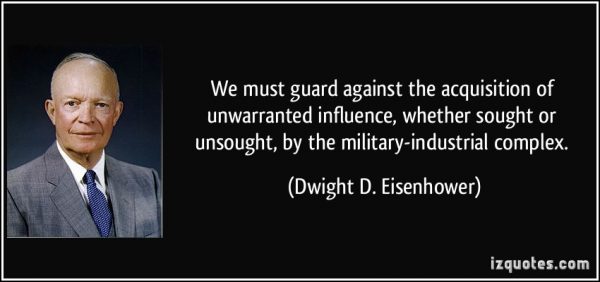Breaking News:
The Palmerston North City Council has voted 11 to four to introduce a Maori Ward, or two Maori Wards, represented by one or two Councillors. The One Ward option if selected will consist of two Councillors, or if Councillors opt for two Maori Wards, one Councillor will represent each Ward.
This is a major victory for progressive thinking. Once extremely right leaning councillors [Vaughan Dennison and Jim Jefferies] switched their votes Lew Findlay followed them. Voting for were: Lorna Johnson, Tangi Utikere, Rachel Bowen, Duncan McCann, Aleishia Rutherford, Brent Barrett, Susan Baty and Grant Smith [11]
Those voting against were: Karen Naylor, Leonie Hapeta, Adrian Broad and Bruno Petrenas. [4]. Gabrielle Bundy-Cook was absent.
I observed the debate and vote and I felt that the councillors had taken a grown up view of the present situation.
The only person opposing the stance taken by the massive majority of Councillors and the Mayor was submitter Don Esslemont and his later statement to the local reporter clearly shows his inability to accept majority rule, one could say the rule of law, because that’s what he keeps pushing.
Here is what I stated in writing to Councillors during the hearings leading up to today’s vote:
Judging by the comments made by the Mayor and Deputy Mayor it would appear that they felt the same way as myself and the other submitters who made a submission in favour of Maori
The Manawatu Standard published this report on their web page:
Palmerston North City councillors have taken up Mayor Grant Smith's challenge to be "brave enough" to support a move to guarantee Māori seats at the council table.
The city council on Tuesday voted 11-4 in favour of having one or two Māori wards at the next local government elections in 2019.
The decision was made despite two thirds of the submissions it received opposing the move.
Smith said the change would enable the council to uphold its Treaty of Waitangi obligations, even though it might be divisive.
The move has been welcomed by Rangitāne Settlement Trust chairwoman Danielle Harris, who said it was positive for the council and community.
"We are happy that they have voted in favour, and hope they get on and implement it."
But one of the submitters who opposed having separate Māori representation, Don Esslemont, said it was "a pious vote for political correctness".
He said after listening to and observing councillors, he was not surprised by the vote.
Esslemont said having different arrangements for people based on race was "immoral and disgraceful".
"It's politically incorrect to say, but if Māori want to be represented, they should get organised and mount a campaign."
The proposal to set up Māori wards can be challenged if 5 per cent of voters demand a poll.
Esslemont said he was sure there were people in the community who would try to gather signatures.
"I believe a petition will be organised and I'm in favour of that."
Most of the councillors spoke strongly in support of the Māori ward proposal.
Aleisha Rutherford said it was an opportunity to show real leadership and to do the right thing, rather than what was most popular with submitters.
Deputy mayor Tangi Utikere, who has Pasifika rather than Māori heritage, said it had been 19 years since the council last had a Māori representative.
"We have made decisions where Māori have not had an opportunity to participate."
He listed the city vision, issues with wastewater treatment, development of reserves and upgrades to The Square as topics where Māori had not been part of the formal process.
Longest-serving councillor Jim Jefferies was one of those who supported the change, having previously voted against it and knowing his support might not be popular with some of the people he represented.
He said he had learnt more about Māori views and values and understood more about the importance of New Zealand as a bicultural nation.
Those who voted against were Karen Naylor, Leonie Hapeta, Adrian Broad and Bruno Petrenas.
Naylor said it was "a very challenging issue" and her proposal to consider other ways to improve Māori engagement with the council was supported as well as, rather than instead of, the Māori ward option.
Legal counsel John Annabell said the council's decision adopted the principle of having one or two Māori wards.
The details of how the ward or wards would work would be fleshed out in a fuller representation review in 2018.
Annabell said the council could consider whether the rest of the council should be elected at large across the whole city, or by geographical wards, or through a mixture of the two systems.
Cr Susan Baty said that possibility helped make up her mind to support Māori wards, knowing that people on the Māori electoral roll would not necessarily be excluded from influencing the make-up of the balance of the council.








